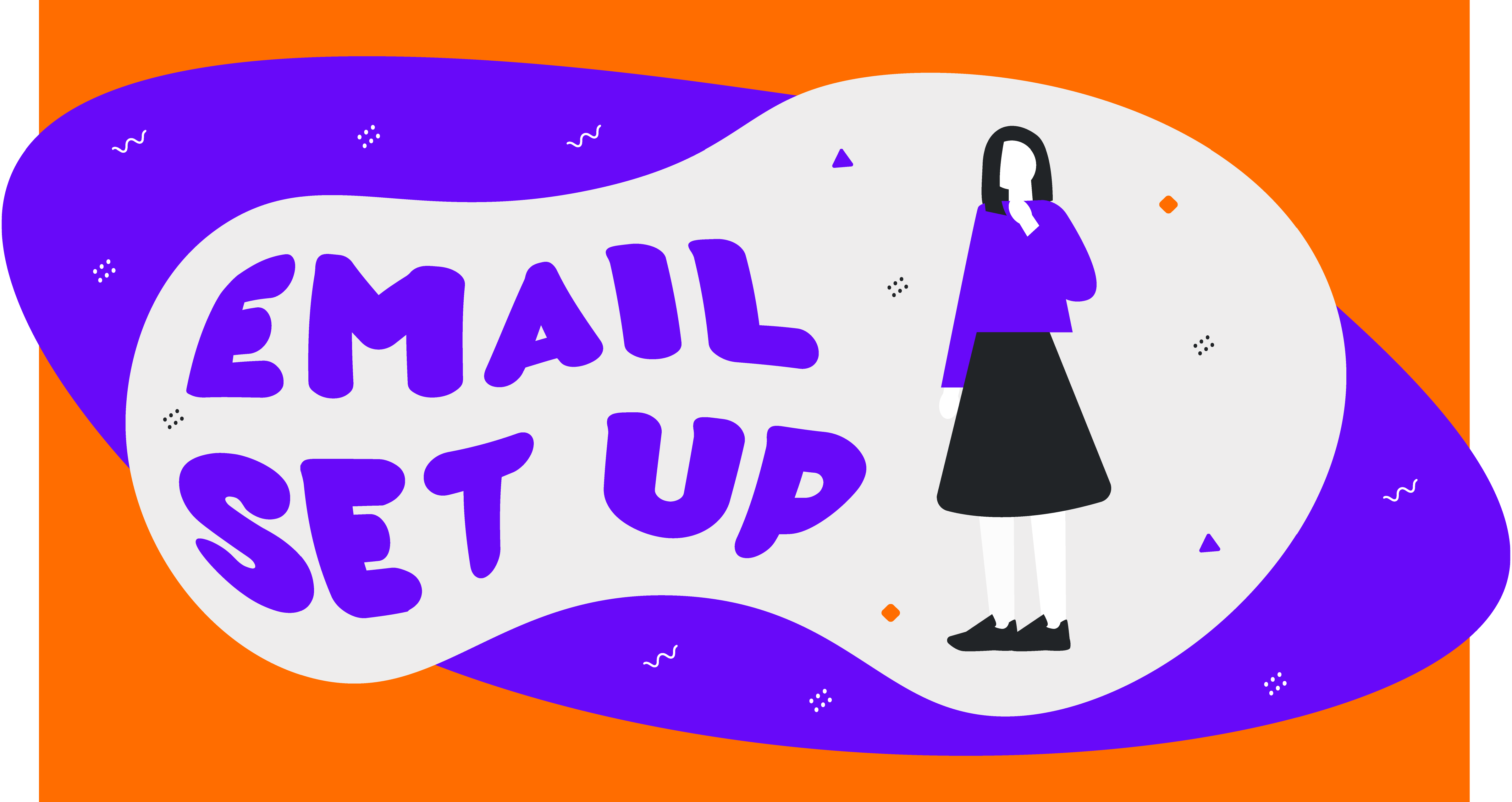What is a business idea?
get the first things right
In this blog post, we explain what a business idea is, and how an aspiring startup owner could come up with and test ideas of their own.

A business idea is when you develop a new concept to offer products or services to customers in exchange for money. The UK market is always full of business opportunities, but to take advantage of it, you will, of course, need to have a good idea. Anything could be a startup idea, and if you're passionate about it, that's also a bonus. Suppose you have something in mind that you believe is unique and innovative. In that case, you are one step closer to potentially starting your own successful business.
But you may be wondering how to develop your own business idea and know if it is good or not. It is vital to evaluate any business idea to ensure it is realistic, viable and will work well for your company. You will also need to consider if this is a low-cost business idea with a high profit for your company. The validation of a business idea can help you understand the industry more, as well as any competitors and the needs of your audience, while also helping you formulate a successful business opportunity in the UK.
In his book Zero To One: Notes On Startups, or How to Build the Future, Peter Thiel said: "As a founder, your first job is to get the first things right because you cannot build a great company on a flawed foundation."
Any startup idea should be evaluated, no matter how big or small. This will help save time and money for both you and investors who may be interested in what you are offering. Of course, you can also tweak ideas following feedback, but you must ensure this will still help you on the right path. It may seem daunting, and you might not know how to start when it comes to developing a business idea. So, we have proposed this guide to help you understand the ins and outs of evaluating ideas.
What is a 'founder market fit'?
A founder market fit is supposedly the "perfect match" between the founder of a business and the industry they are entering. It is an unfair advantage that sets founders apart from their competitors. To put it plainly, it discusses when a startup founder has a clear and deep understanding of the market, which enables them to grow their business and attract clients. Therefore, having a founder market fit is one of the most important criteria.
Founder market fit is different in each business and industry. For example, founders of a more junior role may have less work experience. However, founders in university studying for an undergraduate degree might still have a deep understanding of what they want their business to be, as they will usually sell it to fellow students. In contrast, those that have spent 20 or more years in the industry will have a much stronger founder market fit.
If you have worked in your business in a specific industry for several years, have an extensive network, and have vast knowledge in your field, you will have a much stronger founder market fit than someone just getting started. In addition, investors will often want to see that your business can understand and tackle any problem you're dealing with; and any traits that set you apart from competitors.
Suppose you need a stronger founder market fit. In that case, you should reconsider and validate any business idea you may have for your startup, as it may not necessarily work, at least not now. It could potentially work for another company, but that doesn't mean it will apply to you. Therefore, selecting the business idea you know you will excel in is essential.
What is the best way to come up with new ideas?
Can you sit down and, right on the bat, explicitly think of brand-new business ideas? Only sometimes. One of the best ways to develop an idea is to notice it organically. If you don't want to start a business immediately and want to put yourself in an able position so you will have ideas in the future, this is a good mindset. Make notes of any potential new ideas that arise, as this could help you at a later date.
Another way to develop a business idea is to focus on your interests. Think about your hobbies and how this could become a potential business. For example, suppose you're a fitness fanatic and eager to help others stay active. In that case, consider becoming a personal trainer or starting a fitness franchise. If you enjoy baking, you could create a business selling baked goods or even open a bakery.
Other examples include expanding on your interests to start a part-time business such as a blog, a YouTube channel of vlogs (video blog), or even just becoming an Instagram influencer (making money from your posts). We have also previously written our own blog post on 50 business ideas you can start from home.
Consider the latest business and consumer trends. Something may have changed recently in the world. For example, a new form of technology is now available and ready to use, or a new problem has arisen. In these situations, we can discuss startup ideas and how best to use them. You can start by browsing recent analyses of business and consumer trends and researching expert opinions.
Travelling can also help broaden a founder's horizons. Many businesses were founded after their owners took inspiration from their travelling experience. For example, Montezuma's chocolate brand evolved from the founder's trip to South America and tasting the continent's confectioneries.
Once you have ideas for your business, you can develop and test them.
How to evaluate your startup idea: a step-by-step guide
1Determine a target market
A target market is a group of people who are likely to support the products and services of a business. The target market usually falls into specific demographics, such as age, gender, country etc. Should you launch this business, these are the consumers you would want to most focus your attention on. It's essential to undergo market research to discover who your target market is. You must understand your target market's wants, needs, motivations and spending habits.
Who to ask:
- People in the local community who you think may be interested in your business
- Social media followers (Facebook, Twitter, Instagram etc.)
- People in online communities, such as forums or Reddit subreddits
How to conduct target market research for your business:
- Directly, through face-to-face interviews, phone calls, instant messaging or even emails
- Focus groups, a small number of people who can test your business products or services and provide feedback before the general launch
- Social media polls through Facebook, Twitter or Instagram Stories work well if you are testing out multiple options for your business
- Surveys can be easily created on a word-processing programme, printed out and distributed in your local area. This will also help to boost awareness of your business. Or, you could create a survey online, using a platform such as Survey Monkey or Google Forms, which can be promoted through social media or in emails
2 Conduct market analysis for your business idea
Market analysis can help someone to define a business opportunity. Not only does it help you realise who your business target market is, but it can also give you figures regarding financial details, consumer buying patterns, industry trends and forecasting and competitors. Research various businesses in your industry to discover if there is an ongoing demand for a unique take on a product or service you hope to offer through your business. Similarly to finding your target market, surveys and other data collection forms will provide you with sufficient information. Once you have enough data, you can analyse the information to help you determine if your business idea is worth pursuing.
3 Conduct market analysis for your business idea
A buyer persona is a fictional character representing someone from your target market. It's essential to identify personas as actual customers so you can understand them and get a better idea of what they want from your business. When creating a buyer persona, you must consider their background and buying factors. Ask yourself questions about them, as they will help you further test your business idea.
- What are their values?
- How much money are they willing to spend?
- How do they learn about new products or services in the marketplace?
- What attracts them to your competitors?
- What types of products or services do they regularly buy from other businesses?
4 Discover who your competitors are
You may come across this when you do market analysis, or you might already know what other businesses you are up against. Take a look at your competitors and what they are doing, so you can understand why they have found success and what you can do to compete with them. Research these businesses, highlight their strengths and weaknesses and read reviews on their products and customer service.
When you clearly understand what your competitors do, you can identify ways to market your business products or service in a distinguishable manner that's different to theirs. You could even write a unique value proposition outlining what your business does that's different and better than your competitors.
5 Find an MVP
MVP stands for minimal viable product. This basically refers to having a test form of your business available to see if your idea will work in the long run. Testing business ideas through an MVP lets you uncover exactly how many people would be interested in your product or services and which particular area you most succeed in.
An MVP is utilised early on in the evaluation process before a business is fully developed. Following an MVP, you will usually be offered feedback from the target audience, allowing for any necessary changes and improvements to be made.
Examples of an MVP:
- Training courses/online classes: if your business offers courses or online classes, it might be best to create one course on a particular subject to test the market further. You can see how people respond to the subject matter and how many are interested
- New product: when launching a business product, try a limited number of designs, sizes or versions at first, based on your research. You will have the ability to launch more products for the business following the first run based on the feedback you will receive
- Pop-up shop: if you are launching a business selling goods, you could start out by running a pop-up shop in your local area before you move into official premises
- Service: consider focusing on a smaller number of key services to test the waters and see how your customers adapt to these. Take on a small number of clients to test your business pricing against how long the job takes
6 Understand your finances
As well as figuring out if you have enough money to run a business in the first place, you also need to check the cost of your specific idea. Some business ideas cost more than others, depending on the industry you are trying to enter. The market analysis you undertake will help paint a better picture of your financial outlook and your potential project income and expenses.
Suppose you wish to keep costs low for your business idea. In that case, many online tools such as online booking systems, video conferences and eCommerce functionality offer free trials or low-cost subscriptions. Use these as a test before committing to a specific approach and annual, more expensive subscriptions.
You also need to question if your business will be a financial success. For example, how will this company generate cash, how quickly, and what will your profit look like? Finally, consider additional factors preventing business income growth, such as seasonality or new developments that can outdate your inventory.
7 Create a marketing plan
You will need to have a good marketing plan in place to help you gain further support. First, act on the interest in your business idea, and develop ways to market and promote your product or services to a broader audience. Once you have done this, you should have data determining what marketing strategies worked and who is most interested in your business. Remember to also keep your target audience in mind, as you want to market your business to them the most.
8 Get feedback
Once you have evaluated your business idea, it's a good idea to gain feedback from others as this can help you to make further improvements before you launch the company. Share your research and findings to explain why you've developed this business idea for a specific audience. You can ask friends, family, and company stakeholders for advice and those you surveyed as part of your target market research. Feedback is crucial as it helps a business owner learn and grow as a professional. Remember to take it seriously so you can make necessary tweaks to your idea.

Do you really want this?
If you come across a specific business idea, you'll need to consider if you really want to utilise it. If you have decided to start your business with another partner, they must also be on the same page. People often start a business and suggest outlandish ideas without assessing them. If you or others involved in the business have second thoughts, then none of you may actually desire this.
It's vital to consider passion when it comes to ideas. If you want to start a business, think about the potential problems that may arise. Will you be able to solve them? And consider the ecosystems – do you like it, and the potential partners around it? Are you also aware of your competitors in the industry? If your answer to these questions is "no," you might want to reconsider setting up a business.
Finally, remember to consider why you want to start a business in the first place. Is it to make a hefty income? To help other people? Are you tired of a so-called "regular" job? Understanding why you want your own business will help you better in the assessment of any ideas. Moreover, having a "mission" or specific aims will give you a sense of purpose and motivation.
Idea evaluation checklist
While considering the points above, below is a list of key points to remember when evaluating any business idea:
- Usefulness (value proposition): your idea must prove to address a known or unknown need
- Explainable: people should be able to understand what your business is about and its purpose
- Simplicity: the idea should not be overly complex
- Scalable: will your business be able to scale with demand and take advantage of the economics of sales?
- Habitual: users should take pride in the products or services you are offering and find them valuable, meaningful and engaging
Conclusion
There is no right or wrong way to finding a business idea that will work and deciding if a company will be successful. However, as long as you have understood the steps outlined in this article and have taken your time researching, you could see your idea becoming a reality.
You're in it for the long game to set yourself up for future success. So first, becoming an expert on something valuable and worthy of your time is essential. Make sure you are motivated, have a strong work ethic and are willing to collaborate with others if needs be. You'll see great business ideas naturally arise if you work at the forefront of this.
















